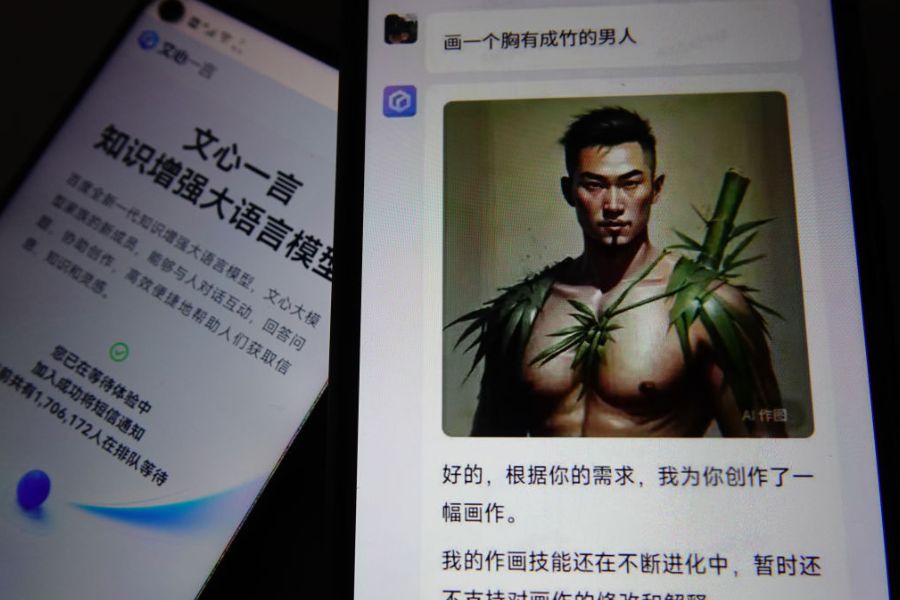Today marks a significant milestone for China's tech industry as new generative AI regulations kick in.
Officially called 'Administrative Measures for Generative Artificial Intelligence Services', The Ministry of Industry and Information Technology (MIIT) now mandates that AI apps operating within China secure an administrative license.
Ahead of the move, Apple last week notified Chinese developers about app removals from its App Store due to "illegal content".
The new regulations, introduced in July, have placed a multifaceted set of responsibilities on generative AI service providers.
These include AI governance, data handling, content moderation, and user protection. The regulations demand adherence to strict guidelines:
- Content moderation: According to Article 9, providers are held accountable as "content producers." They must take swift action against "illegal content," including suspending content generation, removing content, and optimising models. Timely reporting of such incidents to regulators is also mandatory (Article 14).
- Training data: Providers must source data and foundation models from legitimate sources, respecting intellectual property rights and processing personal information lawfully. Training data quality and authenticity are ensured, focusing on labelling rules and sample verification (Articles 7 and 8).
- Tagging of generated content: Article 12 mandates providers to tag content generated by generative AI Services, aligning with the 'Provisions on the Management of Deep Synthesis in Internet Information Services'.
- User protection: The new regulation prioritises user rights and personal data protection. Provisions prevent unnecessary data collection, storage of identifiable information, and third-party disclosure (Article 11). Establishing mechanisms for user complaints and timely addressing personal information requests are central (Articles 11 and 15).
- Security assessment and filing: Generative AI services tied to public opinion or social mobilisation attributes must undergo security assessment and algorithm filing (Article 17). Regulators target information services enabling public expression and aligning with other Chinese regulations.
A notable feature of the finalised new regulation is their balanced approach, promoting industry development and innovation alongside legal governance.
Compared to the draft version, these amendments reflect China's strategic emphasis on fostering a robust AI industry while ensuring compliance.
While the regulations are causing shifts in the industry, some noteworthy changes include alleviated punishments for platform operators, strengthened data privacy language, and a provision for obtaining official certification.
In AI experimentation, Chinese giants like Baidu and Alibaba have ventured into generative AI with products like 'Ernie Bot' and 'Tongyi Qianwen.' While these efforts have garnered attention, they have yet to match the scale and prominence of their US counterparts.
As these regulations take root, marketing agencies in China are navigating uncharted waters. Campaign previously spoke to China-based agencies on how they are using generative AI tools.











